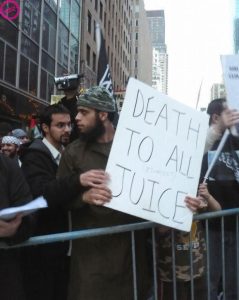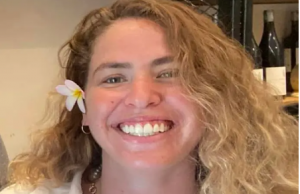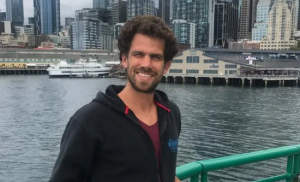Two days before Burkina Faso’s President Roch Marc Christian Kabore held a campaign rally in the northern town of Dori earlier this month, the body of a driver for a regional MP was found 15 kilometres (nine miles) away.
The death of Sorgho Wendtoin served as a brutal reminder of the difficulty of holding a national election in a country where large areas remain outside the state’s control due to a grinding jihadist insurgency.
Amadou Abdouramane Ly, a civil servant in Dori and parliamentary candidate for the ruling party, said “we must tell the truth, the situation is precarious”.
“This is a new example of it.”
Burkina Faso is preparing for presidential and parliamentary elections on November 22, while neighbouring Niger has its own presidential election on December 27.
But no votes will be cast in many districts because the state is absent in the “three borders” region between Burkina, Niger and Mali.
The territory is at the mercy of jihadist forces that have spread across large swathes of the three Sahel nations.
Burkina first came under attack in 2015 from groups that have sworn allegiance to the Islamic State and Al-Qaeda.
“How are we to organise an election in a zone where the attacks come almost every day?” asked a Burkinabe security specialist.
Islamist fighters killed 14 soldiers in a road ambush on November 11, the biggest attack on the army in several months.
On Saturday, a week before the general election, a large group of jihadist fighters with about 100 motorcycles and five other vehicles was reported in Mali’s In-Tillit zone, near the border with Burkina Faso.
“We know very well that this is going to be an immense challenge,” a source close to the authorities in Dori said of the election.
The toll from jihadist attacks — sometimes intertwined with conflicts between ethnic groups — is heavy in Burkina Faso. Some 1,200 people have been killed, mostly civilians, and about one million have fled their homes over the past five years.
The north is the hardest-hit.
The Constitutional Council has acknowledged that the election cannot take place in almost one-fifth of Burkina’s territory because of “the presence of terrorist groups in places, the absence of the administration in affected zones, the abandonment by the population of places where they lived.”
“You have to add the one million displaced persons, who mostly came from these zones, and who will not vote,” said Mahamoudou Savadogo, a Burkinabe researcher studying violent extremism.
At the bus station in Dori, the north’s biggest city and commercial hub, the drivers look grim. They know there are many routes they can no longer use for fear of a potentially deadly encounter.
“There are too many problems on the road,” one of them said, withholding his name. Commercial buses must wait for a military escort before heading to Djibo, 200 kilometres (125 miles) west of Dori.
“The victory of the jihadist groups is not so much a military one as having installed a fear that makes people’s lives extremely difficult,” Rinaldo Depagne of the International Crisis Group said.
The jihadists “are the children of the nation. They know the terrain and they’re on social networks. The attacks are never a matter of chance,” said Saidou Maiga, mayor of the rural commune of Falagountou, on the border with Niger.
Maiga warned against visiting Gorom-Gorom, 30 kilometres from Dori, “even at midday”. He said in the old days “we took the road at night to go to drink tea there and drive back to Dori afterwards”.
“This is not a question that Burkina Faso can answer alone,” the mayor added.
“As long as together (with Niger and Mali), we don’t master these three borders, it won’t go well.”
The G5 Sahel Joint Force, a regional military body backed by the United Nations, was deployed in 2017, adding troops from Chad and Mauritania to those of the “three borders” nations.
The force, which has yet not had major effect, is also supported by 5,000 troops as part of France’s Operation Barkhane, as well as the fledgeling European force Operation Takuba.
“It’s only around the towns that the soldiers are present. In the camps in the bush, there are none left, everybody has gone,” Savadogo said.
“The state has no more control there. Whole tracts of the country will be unable to vote.”






